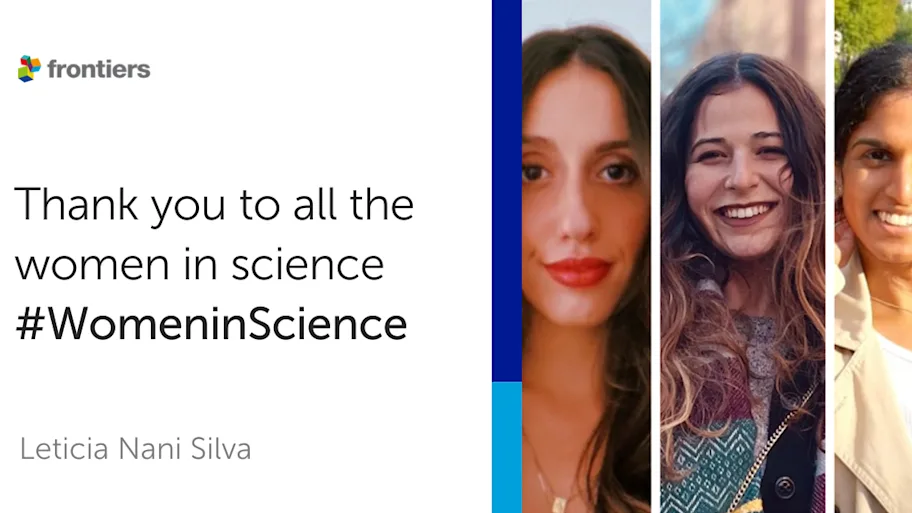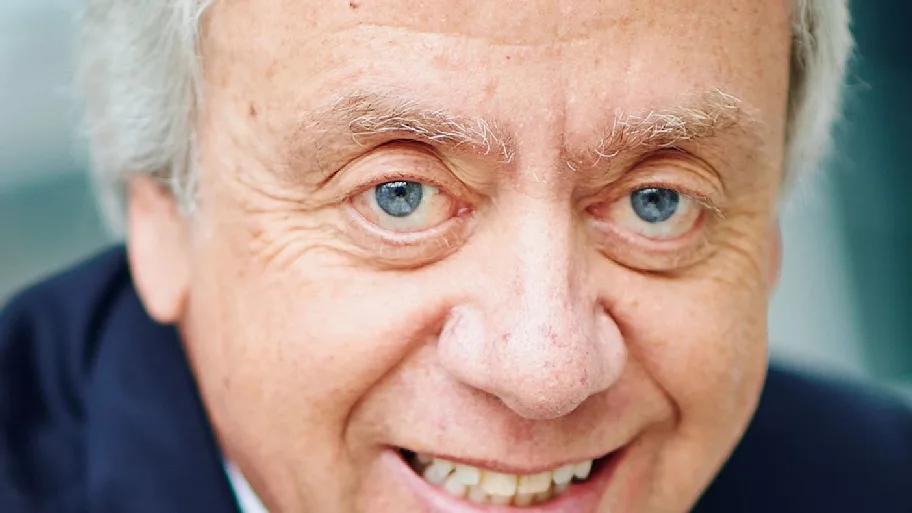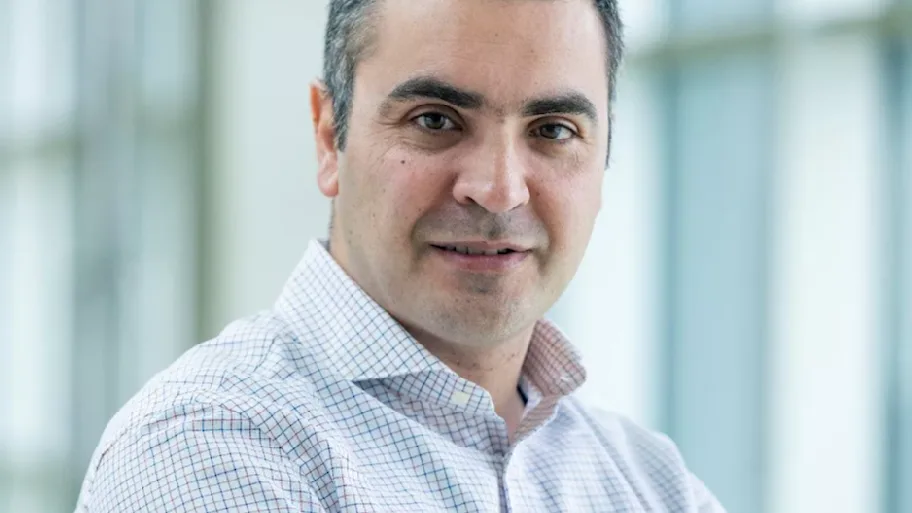
- Science news
- Frontiers news
- Lucia Baldino – One scientist is an island, many scientists make up a flourishing community
Lucia Baldino – One scientist is an island, many scientists make up a flourishing community
Author: Leticia Nani Silva
Dr Lucia Baldino is a researcher in the Department of Industrial Engineering at the University of Salerno, Italy. Her work focuses on optimizing production processes and designing innovative methods for the development of nanomaterials applied to pharmaceutical, medical, food, and cosmetic fields. Her contribution to her field has made her stand out amongst her community and this is why we have chosen her to represent United Nations Sustainable Development Goal 9, which focuses on innovation, industry, and infrastructure.
In this interview, we highlight the importance of working collaboratively with scientists across the world on innovating traditional methods used within science. We discuss how these innovative methods can aid in discovering new models of drug delivery and applications in the medical, pharmaceutical, and cosmetic fields. We conclude our conversation by highlighting the changes that need to happen within the field of engineering, and how working together as a community will drive us further into a sustainable future.

We start our conversation by discussing Dr Baldino’s work and how it focuses on innovative and sustainable processes assisted by supercritical carbon dioxide to produce several bio-products, such as aerogels, micro- and nanoparticles. Her work also focuses on the production of vesicles like liposomes and transferosomes for high-level applications in the medical field, such as in vaccines and drug delivery. Her field of research, as she says, “is very broad because the main objective is to improve traditional techniques to optimize processes in an efficient and sustainable way in order to obtain nanomaterials with advanced features for high added-value performances.”
We discuss how her work directly relates to the theme of this blog, ‘industries, innovation, and infrastructure’. The work that Dr Balino does focuses on innovative methods and processes within industry to improve and optimize workflows, specifically using engineering methods and processes for products used in nanomedicine. As a chemical engineer, Dr Baldino works alongside medical scientists and biologists in a collaborative effort to make sure that the products that they upscale and optimize are viable and safe for practical use.
Working Across Different Borders
As scientists, we spent a long time discussing the importance of collaboration across different borders, emphasizing the crucial need for communication across disciplines, but also across continents. Dr Baldino commented on her recent experience with a community of scientists in Brazil. She mentioned that, “it was a pleasure to work with professors from different backgrounds, as well as share our experiences and collaborate on multiple projects together, that in turn will have a direct impact on how we improve the lives of the general population.”
Sharing experiences is such an important aspect of scientific discovery and important for industrial growth, innovation, and infrastructure. According to the Sustainable Development Goal 9, scientists must come together to develop quality, reliable, and sustainable ways of working, growing, and surviving in a flourishing economy, while having access to equitable facilitation for all. Dr Baldino’s work focuses on just that, making sure that processes are optimized safely and developed on a larger scale to help the general population, and this is only viable if scientists are collaborating across borders.

One woman is an Island, many women make up a scientific community
We move the conversation towards the balance and ratio of women in engineering. Dr Baldino tells us how she has a large community of female scientists within her lab, and also within her field of work. She mentions that, “chemical engineering is quite attractive to female scientists,” and currently, within her university, “there are a lot more women than men studying to be chemical engineers.” However, this is not the case for all fields of engineering. Subjects like mechanical and electrical engineering are still heavily dominated by men, and this needs to change.
“Our focus needs to be on making all fields of engineering more inclusive,” she continues. Not only this, but making sure that women who study electrical and mechanical engineering remain in the workforce even after completing their qualification. This is very similar to many other areas of STEM, wherein women complete their qualification and then feel pushed out of the workforce by social pressures, familial pressure, or even societal expectations. There must be more support for women within all workforces so that there is an even distribution of sexes across all fields of work.
Dr Baldino comments on how she believes that women have much more to give in terms of their approach to work. She mentions that women have this ‘natural resilience’ when it comes to projects or tasks. This is an intrinsic property, she mentions. She then goes on to say that, “there is no better environment than a collaborative one, where women and men work together from different perspectives to ensure that the best products are being innovated to support a well-developed and futuristic society.”
The future of Sustainable Development Goal 9 is in the hands of everyone, but particularly in the scientists working day-in and day-out to make processes more streamlined and sustainable. Allowing for a collaborative environment where men and women can influence each other, share ideas, and become a flourishing community across borders will be the key in making sure that we live healthy lives on a healthy planet, one that is sustainable in infrastructure, industry and excels in its innovation for future growth.

Frontiers is a signatory of the United Nations Publishers COMPACT. This interview has been published in support of United Nations Sustainable Goal 5: Achieve gender equality and empower all women and girls and United Nations Sustainable Goal 9: Build resilient infrastructure, promote inclusive, and sustainable industrialization and foster innovation.






